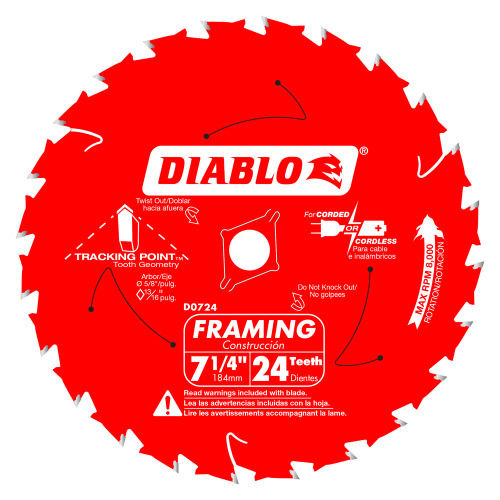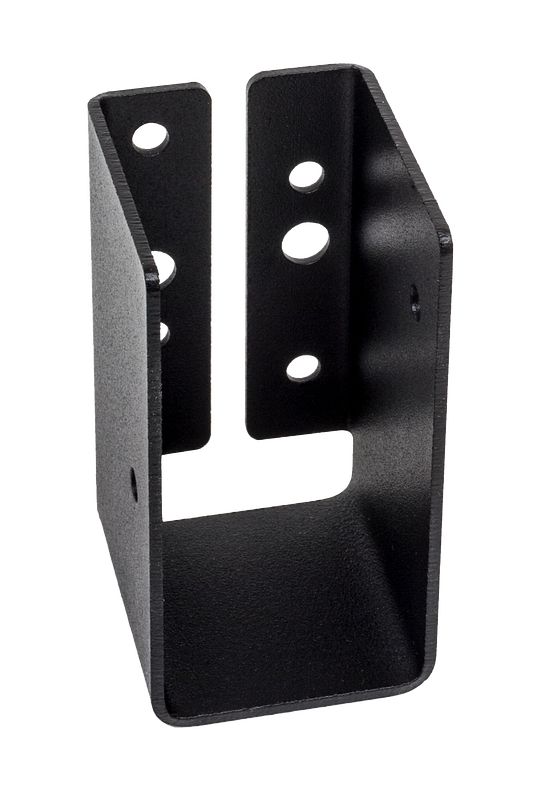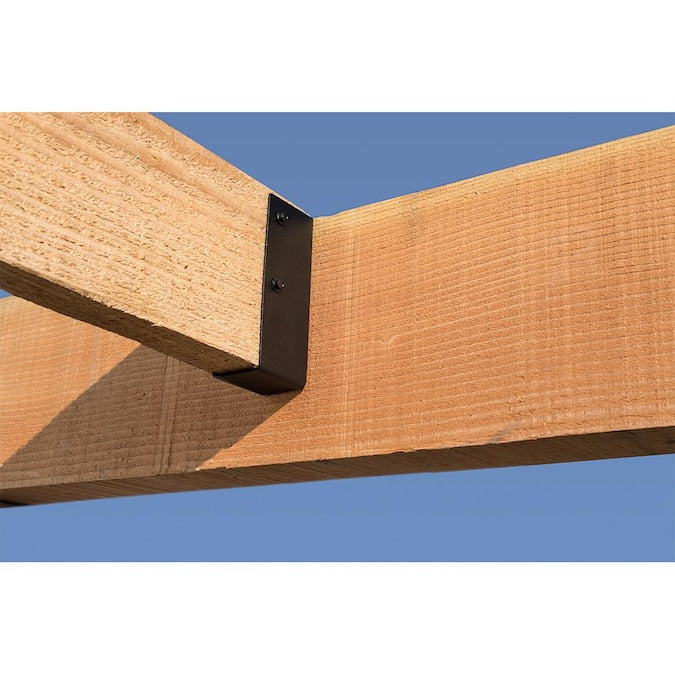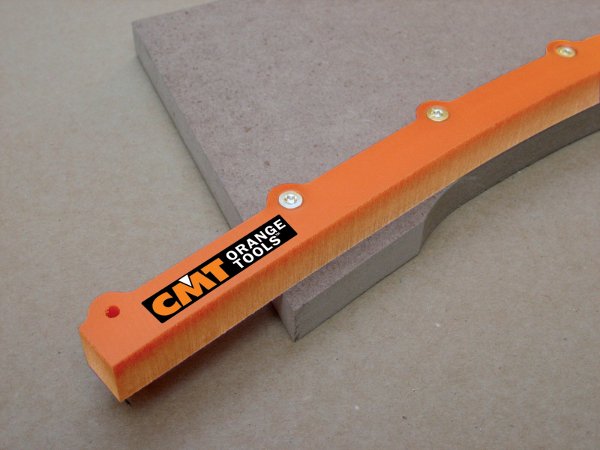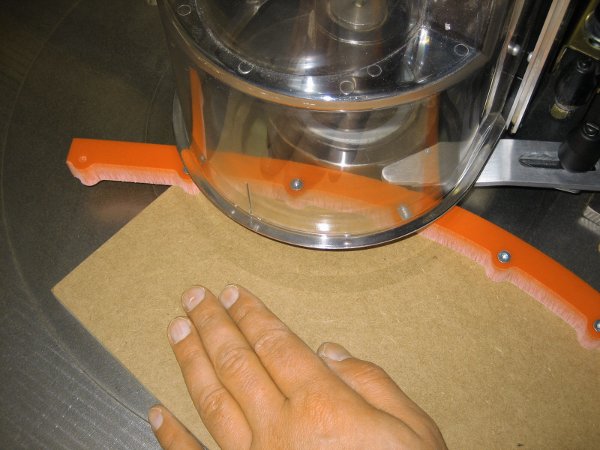When it comes to fastening materials together, there are numerous options available, each designed for specific purposes. One such versatile and efficient option is the self-tapping screw. These specialized screws have gained popularity in various industries and DIY projects due to their unique design and ease of use. In this article, we'll delve into what self-tapping screws are, their advantages, and how to use them effectively.
Understanding Self-Tapping Screws
Self-tapping screws, as the name suggests, are screws with the remarkable ability to create their own threads as they are driven into a material. Unlike traditional screws that require pre-drilled holes, self-tapping screws feature a sharp and uniquely shaped tip that allows them to pierce through the material while simultaneously creating threads. This innovative design eliminates the need for time-consuming and often tricky drilling processes, making them a convenient and time-saving option.
These screws are commonly used in materials like wood, plastic, metal, and even composite materials. Their versatility and ease of use have made them a staple in various industries, including construction, automotive, electronics, and furniture manufacturing.
Advantages of Self-Tapping Screws
Time Efficiency
Perhaps the most significant advantage of using self-tapping screws is the time they save during installation. With traditional screws, a separate hole needs to be drilled before inserting the screw. This process can be labor-intensive, especially when dealing with a large number of screws. Self-tapping screws eliminate this step, allowing you to drive the screw directly into the material, saving both time and effort.
Reduced Risk of Cracking
Pre-drilling holes for traditional screws can sometimes lead to cracks in the material, especially in delicate materials like wood or plastic. Self-tapping screws mitigate this risk by creating threads that match the screw's diameter precisely, reducing the likelihood of cracking.
Stronger Connections
The threads created by self-tapping screws tend to be tighter and more secure than those of traditional screws. This tighter grip results in a stronger connection between the screw and the material, leading to enhanced stability and durability in the finished product.
How to Use Self-Tapping Screws
Using self-tapping screws effectively requires some basic understanding and a few simple steps:
Choose the Right Screw
Select a self-tapping screw with the appropriate length and diameter for your project. Ensure that the screw's tip is sharp and undamaged, as this is crucial for its self-tapping ability.
Align the Screw
Position the screw on the material where you want it to be inserted. Apply gentle pressure while turning the screw clockwise. The screw's sharp tip will start to pierce through the material, creating threads as it progresses.
Drive the Screw
Continue turning the screw clockwise while applying steady pressure. The screw will gradually create threads and drive itself deeper into the material. Be cautious not to overtighten the screw, as this could strip the threads or damage the material.
Monitor the Progress
Pay attention to the screw's progress and ensure it's moving straight and aligned. If you feel any significant resistance or the screw isn't progressing smoothly, it's advisable to back it out slightly and realign before continuing.
Finishing Touches
Once the self-tapping screw is fully driven into the material, you can stop turning. The screw will now be securely in place, creating a strong and reliable connection.
Self-tapping screws are a game-changer in the world of fasteners, offering efficiency, strength, and convenience in various applications. Their ability to create threads as they are driven into materials sets them apart from traditional screws, saving time and effort while ensuring robust connections. Whether you're a professional in the construction industry or a DIY enthusiast, understanding how to use self-tapping screws effectively can greatly enhance the quality and efficiency of your projects. So, next time you're tackling a project that involves fastening materials together, consider opting for self-tapping screws to enjoy their numerous benefits.


